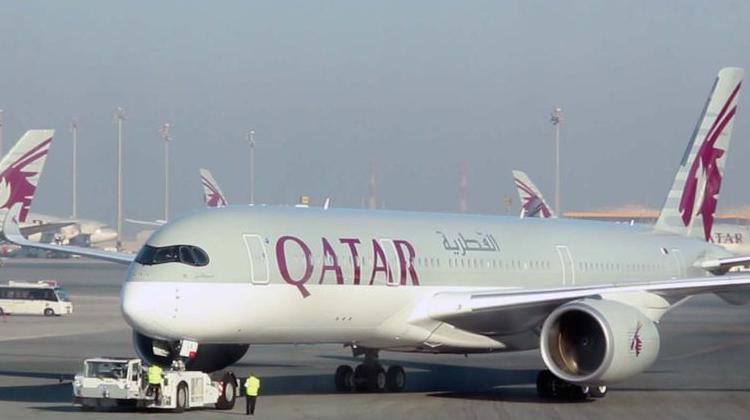
Seven nations in the Middle East and Indian Ocean have cut diplomatic ties with Qatar over concerns about the nation’s alleged support of terrorism activities, resulting in scores of airlines cancelling flights to the capital Doha.
Emirates Airline, Etihad Airways and Saudi Arabian Airlines, among others, have announced they would suspend flights to Doha after Bahrain, Egypt, Libya, the Maldives, Saudi Arabia, the United Arab Emirates and Yemen said they were cutting diplomatic ties with the tiny country of 2.7 million people that is due to host the 2022 football World Cup.
Etihad, Emirates, Fly Dubai and Gulf Air said on Monday they would halt all flights in and out of Doha, the Qatari capital, starting Tuesday morning.
Meanwhile, Qatar Airways said it had suspended all flights to Saudi Arabia, the UAE and Egypt, with the last flights to these countries to operate on Monday.
The suspension would remain in place “until further notice”, Qatar Airways said in a statement on its website.
The airline’s chief executive Akbar Al Baker was understood to have left the International Air Transport Association (IATA) annual general meeting in Cancun, Mexico on Sunday night to return to Doha to manage the situation.
There are also further ramifications beyond the inconvenience of hundreds of passengers as a result of the cancelled flights, with Qatar Airways’ flight planning being thrown into disarray after Saudi Arabia shut its airspace to Qatari carriers.
https://twitter.com/AirlineFlyer/status/871888730977652736
A research note from aviation thinktank CAPA – Centre for Aviation said Saudi Arabia was not a signatory to the multilateral “Transit Agreement” and was therefore within its rights to withdraw access to its airspace.
The note quoted figures from OAG which showed Qatar Airways had an average of 25 flights a day to the UAE, 20 to Saudi Arabia, five to Egypt and six to Bahrain.
CAPA said it was “difficult to see the ban persist for long” as there would be few winners from it.
“It has already created wider uncertainty for Gulf aviation and passengers whose bookings are months away,” CAPA said.
“The nuances of the ban are too particular for the public to understand, but the broader shadow it creates spreads widely.
“Amidst growing security concerns and the existing laptop ban, passengers are unlikely to dig in to the reason for this ban. Gulf aviation becomes less attractive for all.”
“Uncertainty continues to pervade the industry in 2017. Qatar Airways may find it has few friends among its neighbours during the turmoil, but competitors would be unwise to assume Qatar’s growth story faces a slowdown.”
Qatar Airways had previously tried to set up a Saudi Arabian subsidiary Al Maha Airways. However, it failed to secure a license for the proposed carrier.




